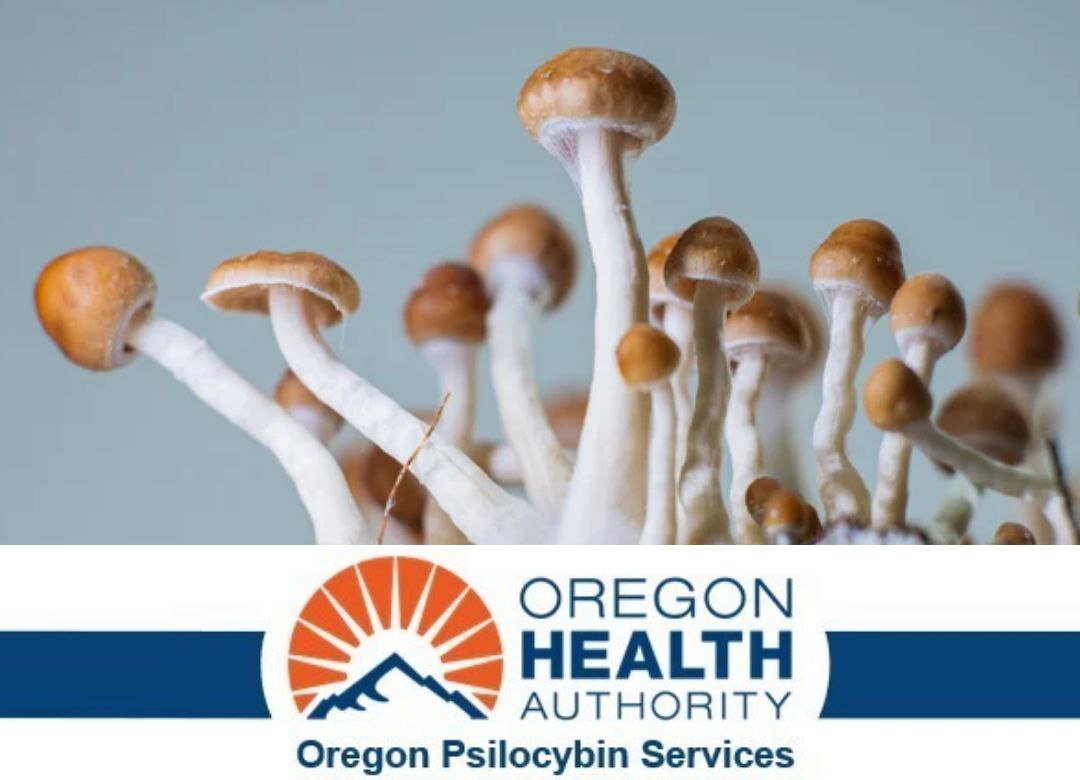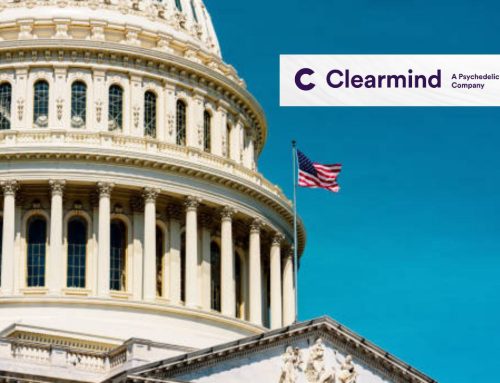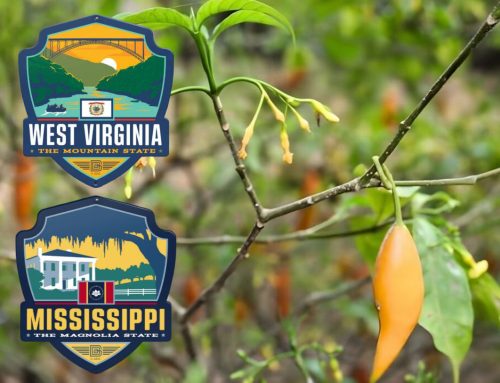Oregon Invites Input on Psilocybin Service Center Regulations Through New Advisory Panel
SALEM – State health officials in Oregon are seeking participants for a rules advisory committee that will shape permanent guidelines on the temporary use of licensed Psilocybin Service Centers, as applications close in less than two weeks.
The Oregon Psilocybin Services section of the Oregon Health Authority (OHA) announced the opportunity on October 1, with submissions due by October 13. The committee will convene virtually on November 5 to review proposed changes to administrative rule OAR 333-333-4300, which governs hours of operation and authorized temporary activities at service centers. These amendments aim to codify a temporary measure adopted in late August, which restricts such uses to between 6 am and 11:59 pm local time.
The push stems from an oversight in existing rules that regulators identified this summer, allowing for broader flexibility in service center operations than intended. By limiting late-night temporary uses [like events or maintenance outside standard hours] the update seeks to align with broader safety protocols while preserving operational viability for providers. Oregon’s Psilocybin Program, launched under voter-approved Measure 109 in 2020 and operational since early 2023, has issued licenses to more than 20 service centers statewide, serving thousands of adult clients annually.
Prospective members, drawn from those with relevant expertise, personal experience or direct stakes in the rules, will offer feedback on the proposals’ fiscal effects, equity considerations and overall feasibility. The authority emphasizes diversity in perspectives to inform the final rule, which could take effect early next year if adopted without changes. Interested parties can download the application form from the agency’s website and submit it via email to OHA.
This targeted review reflects the program’s steady refinement since its inception. Early data from licensed centers show consistent demand, with session volumes rising 25% year-over-year through mid-2025, according to state reports. Yet, as operators navigate compliance, such gaps in rules can strain resources and expose vulnerabilities in enforcement. The advisory process, by incorporating frontline voices, stands to bolster trust in the framework, ensuring it supports both innovation and accountability without overreach.
For the Psychedelics sector, Oregon’s approach offers a model of iterative oversight in a field still defining its boundaries. With federal scrutiny ongoing and neighboring states eyeing similar measures, these committee deliberations could influence how regulated access scales nationally.



































